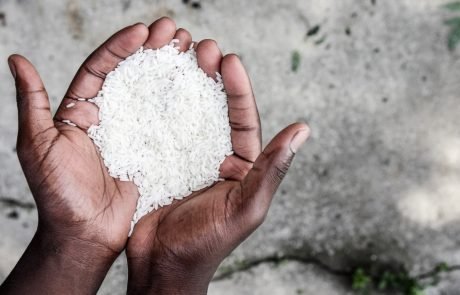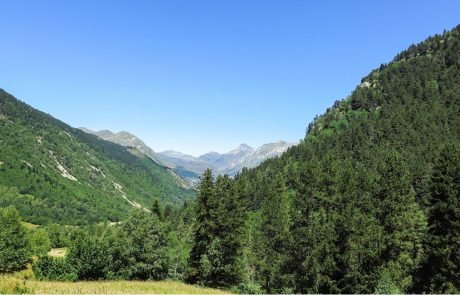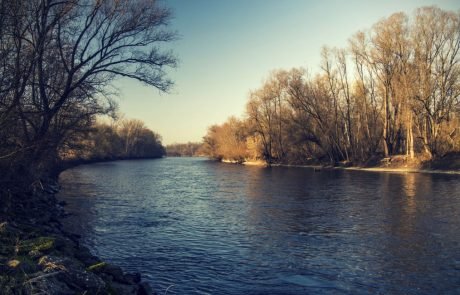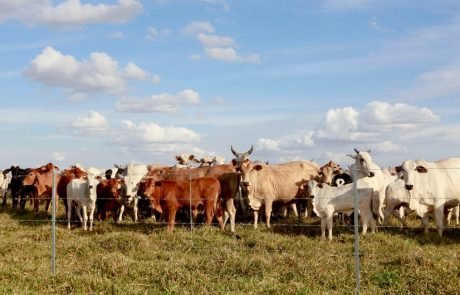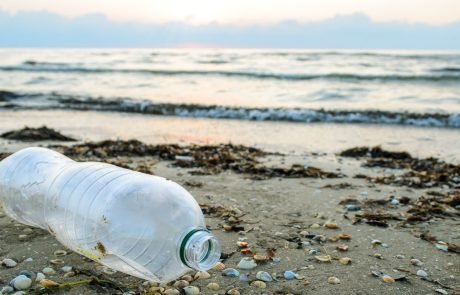Carelessly designed climate change mitigation policies could negatively affect food security placing an additional 160 million people at risk of hunger by 2050, according to a new study published on
All posts in environment
As global temperatures increase, trees are growing faster, but forests are storing less carbon because their so-called carbon residence time — the length of time trees stores carbon — may
Freshwater rivers provide vital ecosystem services, enable fish migration, and move sediments — such as sand, clay, silt, and soil — from one place to another to alleviate pollution. However,
In a new commentary published on 8 May in Nature, three experts discuss the current priorities for food and land use, including sustainable agricultural systems, safeguarding biodiversity, and ensuring food
A new report from the Intergovernmental Science-Policy Platform on Biodiversity and Ecosystem Services (IPBES) finds that the rate of species extinctions is accelerating and up to one million plant and
What geopolitical implications could arise from transitioning to a low-carbon world? A new commentary published on 1 May in Nature examines four possible scenarios, which they refer to as ‘Four
A new study led by the International Food Policy Research Institute (IFPRI) in Washington shows that in addition to reducing the severity and number of extreme weather events, effective climate
A new analysis published on April 23 in Nature Communications suggests that if nations fail to meet commitments set out in the Paris agreement, climate change related to the Arctic
Scientists have developed a new kind of plastic that can be re-manufactured back into the same type of plastic in a more sustainable way, without losing any quality or performance.
Plastic use became widespread in the 1950s and since then plastic pollution of land, seas, and even the atmosphere has ballooned into a major cause for global concern. And the
